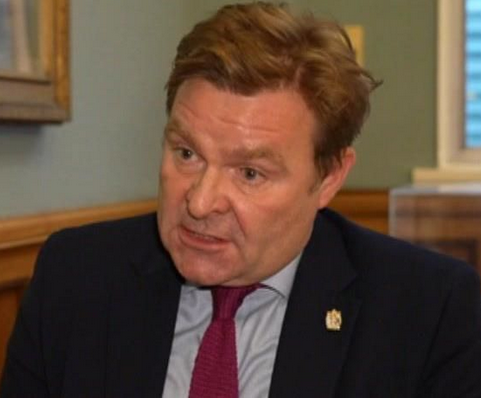New research from Utilita - the UK’s only energy company created to help households use less energy - has today revealed that if consumers have their way, energy companies - or the regulator itself - will be made to backpay green premiums of up to £144 per year to customers as a result of misleading ‘100% renewable energy’ claims.
Almost three in five ‘green’ energy tariff customers - of which there are nine million in the UK - say they would claim back the premiums they have paid over time (58%), and even more said they would take action against their energy supplier if they had been misled about the energy they have received. (61%) The research was conducted by Utilita, the energy company that has taken a stance by not offering a ‘green’ tariff and focusing on innovating state-of-the-art technology that helps homes to reduce energy waste by up to 20 percent, instead.
Over a quarter of energy customers on a ‘green’ tariff claim to be paying a premium compared to the cost of a standard tariff (26%), with the average premium being around 12 percent according to respondents - that’s approximately £144 per year more, based on the average £1,200 energy bill.
The study revealed the green haze of consumer confusion, with half of all consumers on a ‘green’ tariff saying they aren’t sure why it’s any greener than a standard tariff. Over half of those on a tariff advertised as ‘green’ believe the energy they receive is 100% renewable, but say they have no idea where or how it is generated. (55%)
Disturbingly, around a third of those on a green tariff say they chose the tariff to offset their guilt about wasting energy at home (30%) - a figure that rose from 27 percent in a previous survey in September 2020. The green haze of consumer confusion around 100% renewable tariffs is a result of a 10-year-old government policy that failed to apply ‘additionality’ properly, meaning that apart from the green energy that consumers pay for as part of their standard energy bill, in many cases, no more renewable energy was being created, making the 100% renewable claims misleading.
Archie Lasseter, environmentalist, and Utilita Energy’s Sustainability Lead comments on the findings: “The results of this survey show us that customers care deeply about their environmental impact and want to make a difference. Allowing regulation that results in customers being misled cannot prevail. The loopholes which have led to greenwashing must be closed, urgently.
“Government policy has completely overlooked the first step in tackling climate change - reducing energy waste. We have proven that, on average, households can reduce their energy wastage by up to 20 percent if they are given the intel to do so - right now, most of our customers are using around 11 percent less than the average household. Utilita is the only energy company set up to help customers waste less.”
Consumer law expert Matthew Unsworth has a special interest in consumer rights associated with greenwashing – he comments in a recent blog article: “There is no specific anti-greenwashing legislation in the UK. Having said this, many misleading environmental claims will fall foul of the restrictions contained in the Consumer Protection from Unfair Trading Regulations 2008. In particular, instances of greenwashing are likely to contravene Regulation 5, which prohibits false and misleading commercial practices, or Regulation 6, which prohibits commercial practices serving to hide or obfuscate material information.
“It is worth bearing in mind that a deceptive eco-claim will only constitute an offence under either regulation if it causes or is likely to cause consumers to enter into a transaction when they would not otherwise have done so.”
The study also revealed that long-standing customer loyalty may finally come under strain, too, as most energy customers on a ‘green’ tariff said they would leave their current energy company if inaccurate claims about the energy supplied to them had been made. (74%)
For the last decade Archie has spent time finding ways to live a greener lifestyle and is helping Utilita on its journey towards net zero by 2030.











